



Here we show you special solutions from CPRO IoT Connect for the following industries:
in order to be able to master the challenges in these industries.
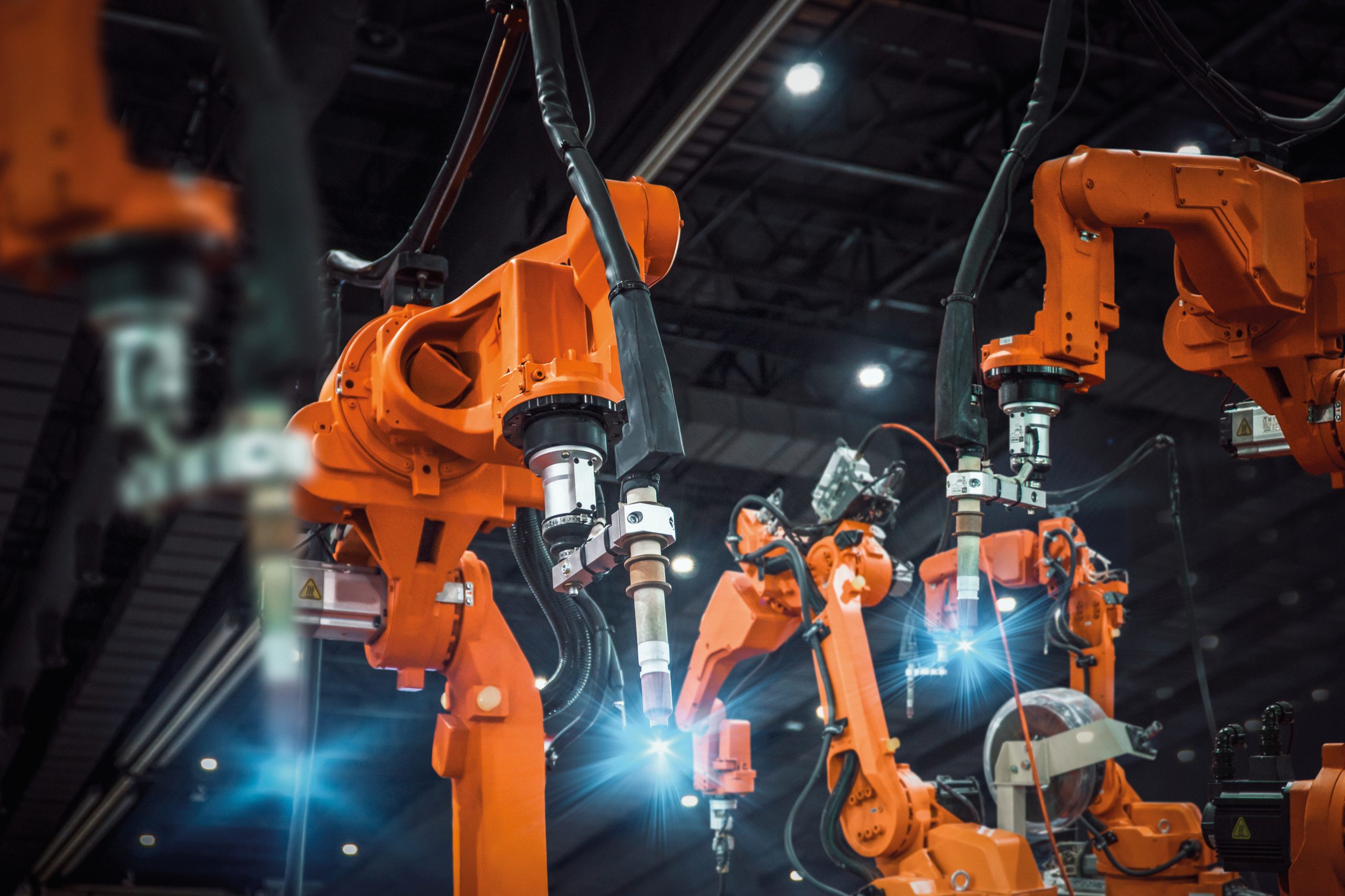
The rapidly increasing product variety, ever shorter product stability, fluctuations in demand and dynamic international markets pose growing challenges for today’s manufacturing. This includes shortened production and lead times, ever smaller batch sizes, faster production – resource and employee planning but also smart production processes, innovations and new digital business models.
Digitalization and the IoT enable you to meet these challenges. State-of-the-art sensor technology, automated production, optimized processes but also intelligent, networked products that create new functions and services for your customers thanks to the IoT.
The process industry is characterized by diverse requirements. The different chemical, biological or physical procedures and processes illustrate this immensely. The demands on production are extremely high. It must be transparent, high quality, economical and safe at the same time. In addition, it must meet the high legal requirements. This means that well-trained employees are essential in various disciplines, such as engineering and development.
Due to the increasing shortage of skilled workers, processes and knowledge must be available in digital form at any time and from any location. This requires smart networking of all plants, processes, systems and sensors. The enormous amounts of data obtained are collected, evaluated and presented transparently. This valuable knowledge is the basis for optimizing modern production.

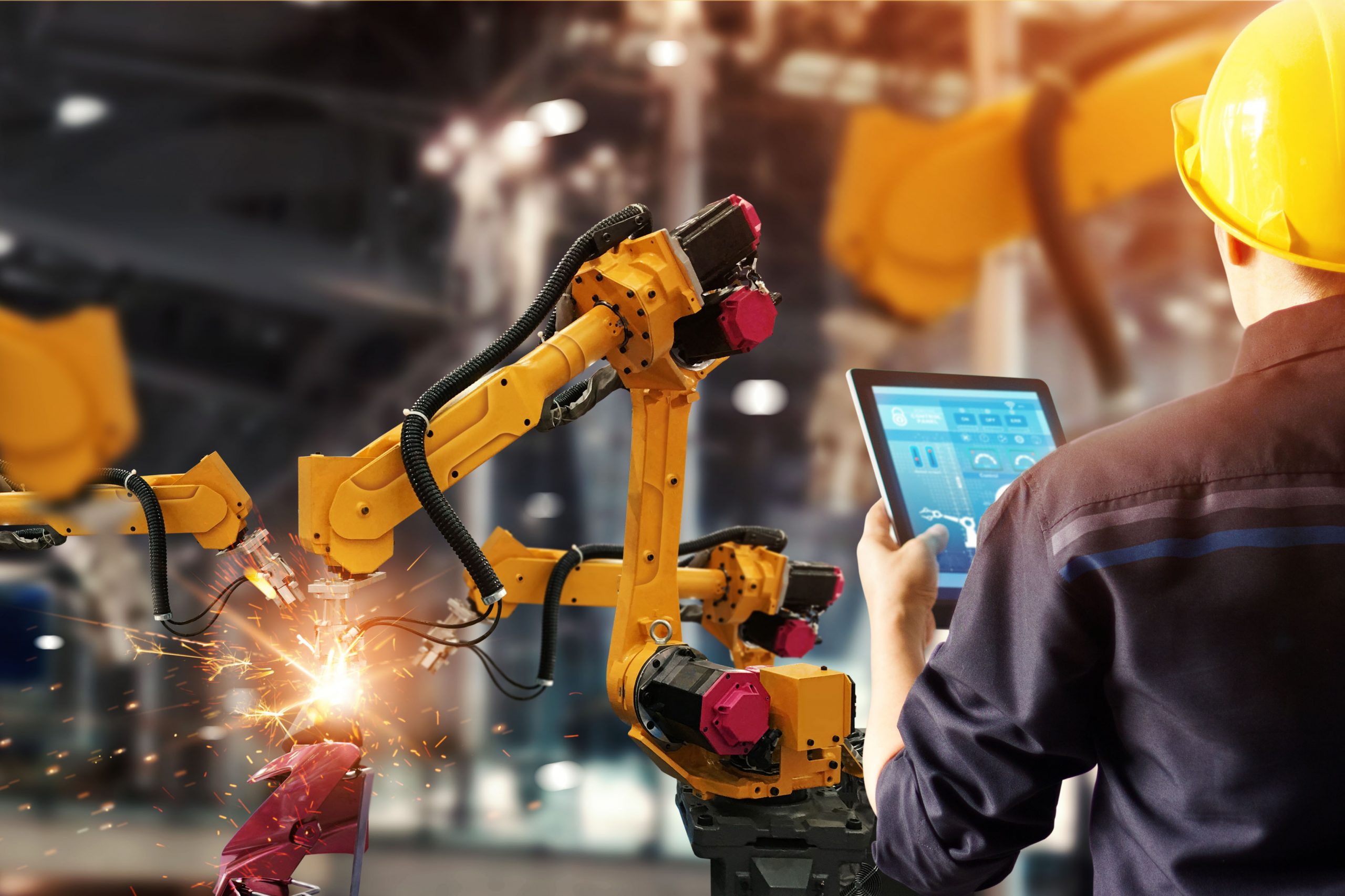
The challenges for the huge mechanical and plant engineering industry are enormous. Due to constantly growing technical innovations and an increasingly digitalized and networked product and working world, the industry is subject to disruptive change.
Mechanical and plant engineering can only strengthen service processes and customer loyalty through digital innovations such as additive software solutions, applications, new digital business models.
Market differentiation in a globally networked world is becoming increasingly important. This is only possible through high product quality and a low error rate in production. To do this, it must be ensured that production and processes are completely and transparently digitalized. In order to remain competitive in the future, the entire production must be developed into a comprehensively networked smart factory.
The machining industry consists predominantly of small and medium-sized companies. The challenges in the machining industry are complex. On the one hand, you are subject to enormous cost pressure with high quality requirements and, on the other hand, you have to be able to react quickly to a constantly changing market.
Another major difficulty is the increasing shortage of skilled workers. Employees must be able to work on a wide variety of machines and with a wide variety of technologies. Through immersive supports such as augmented reality, they can be trained and educated quickly.
The cost pressure can be absorbed through optimal production utilization, optimal process design and modern machines. Manual interfaces between diverse software solutions must be reduced to a minimum.
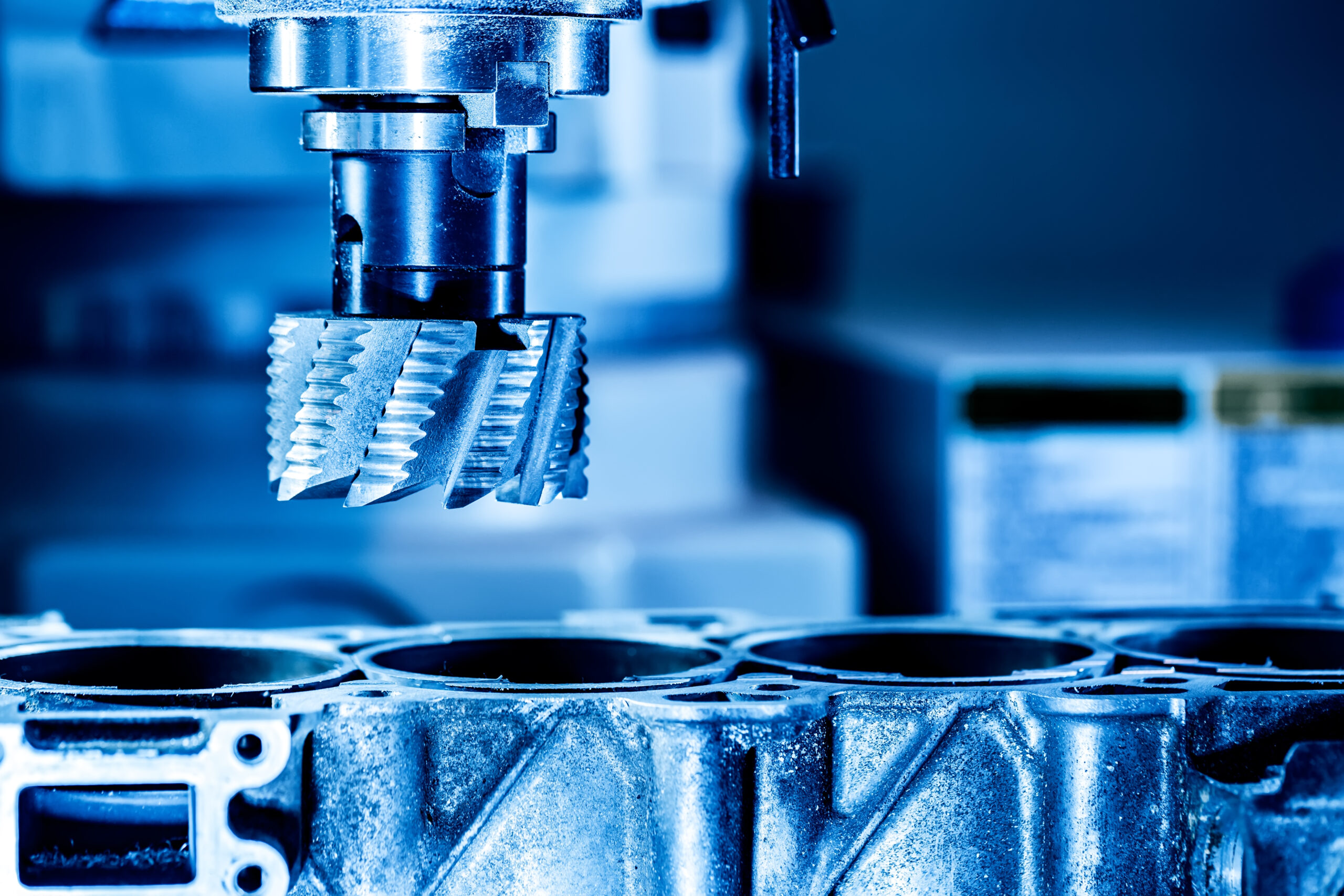
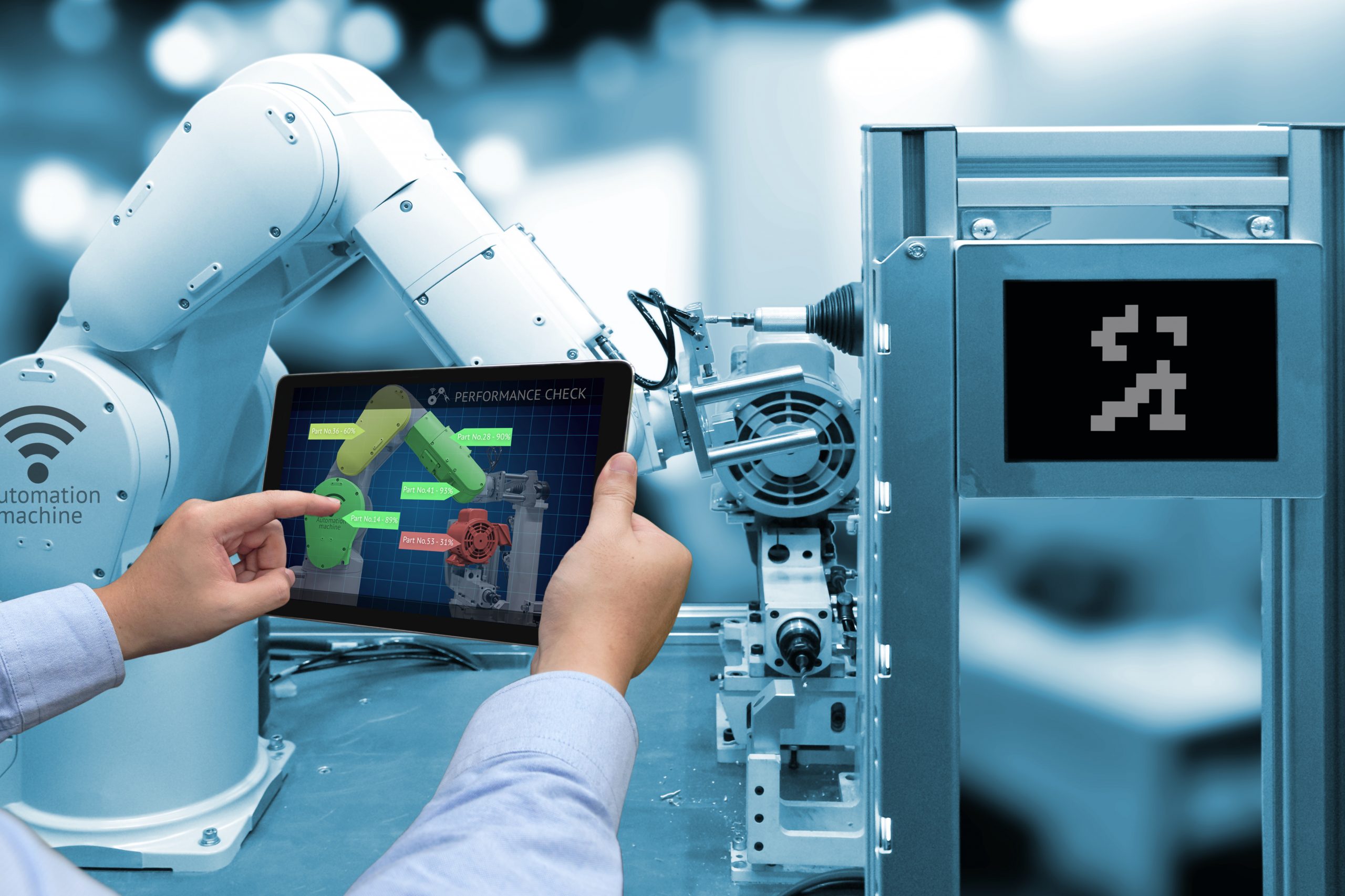
Digitalization and intelligent technologies are fundamentally changing the way things are produced and manufactured. SAP S/4HANA Cloud offers component manufacturing companies the opportunity to make greater use of the potential of intelligent technologies in order to achieve greater efficiency and transparency in production. A cloud solution that is ready for the needs of tomorrow.
There are many challenges to overcome in component manufacturing. This includes planning and controlling production in complex value chains, operating a flexible IT landscape in a constantly changing environment and minimizing tied-up capital due to unnecessarily high inventories.
But also the fast and flexible production and delivery of customer orders, the forecasting of customer requirements and the automation of material requirements and the comparison of production capacities.
Whether industrial production, vehicle construction, household and consumer goods, energy technology or architecture and construction, in these and many other areas, thin and heavy plates made from steel and aluminum are used as functional or design parts.
When it comes to giving the products an attractive look and feel, an individual appearance, high resistance to mechanical, chemical and physical attacks as well as special functional properties, industrial painting technology comes into play. When it comes to both wet painting and powder coating, companies are faced with the challenge of meeting increasing demands in terms of coating quality, resource efficiency, productivity and individuality.
Added to this are ever smaller batch sizes down to 1 piece, an increasing variety of colors and, last but not least, the shortage of skilled workers.
This means that topics such as simulation, automation and digitalization of the coating processes are becoming increasingly important.
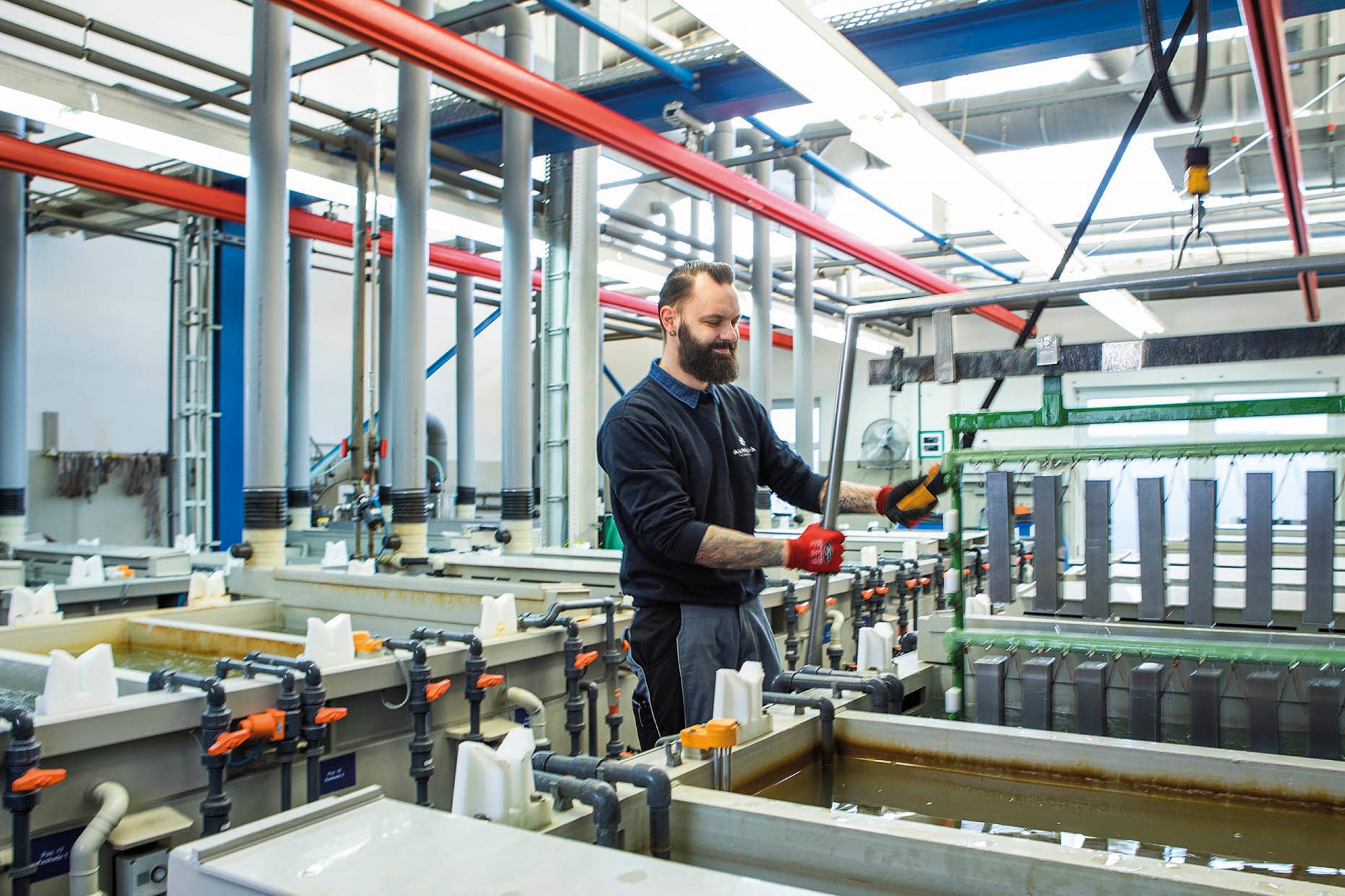

The previously typical large central power plants, which fed in energy at the highest voltage level, are increasingly giving way to smaller, decentralized renewable energy sources, such as wind turbines, photovoltaic systems and biogas plants. The challenges that this restructuring brings with it are manifold: On the one hand, a significantly larger number of energy sources have to be taken into account in the planning, and on the other hand, the feed-in times are more difficult to predict. Only through the use of suitable weather data, geodata and the condition of the components of the electrical networks can suitable forecast models be developed that help to keep energy production and energy consumption in balance.
Digitalization and the IoT serve to provide the infrastructure and the necessary automation to meet these challenges. Through networked sensor technology, data platforms capable of processing huge amounts of data, planning and training in AR-supported environments and the development of AI-supported forecast models, the IoT creates the right conditions for maintaining control over cost-efficient energy provision.